Ruins of prosperity
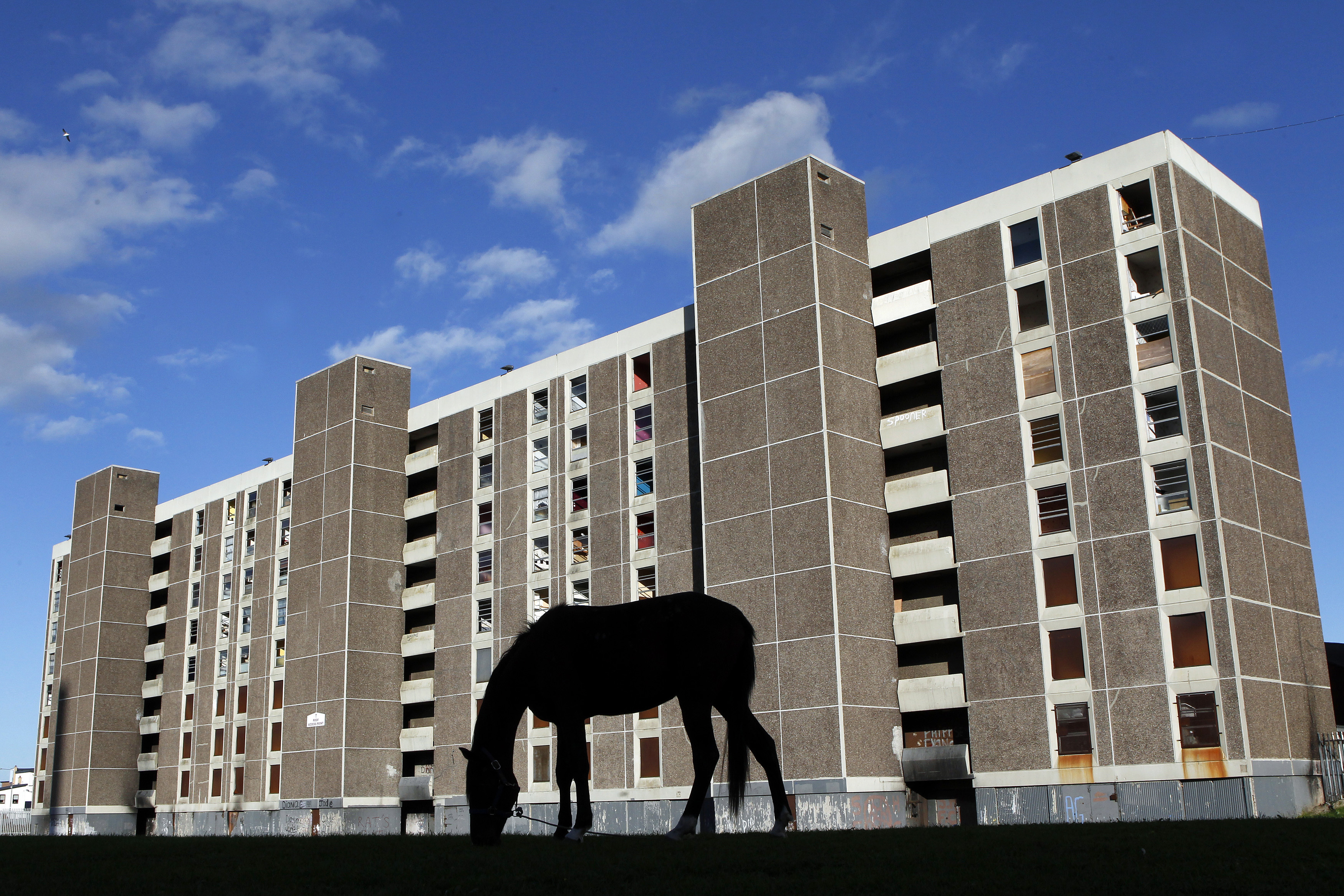
"The magical light, that everyone who knows Ireland rhapsodises about, makes bearable even the bungalows which are falling into ruin.”
Zurich-born author Hansjörg Schertenleib writes about the traces which the economic boom has left behind in the countryside of his adopted home.
The sky is low, low and almost black – not for long, to be sure, for the Irish weather really is as unsettled and changeable as the cliché has it. In any case, it is only a few minutes before gusts of wind have torn holes in the blanket of cloud, holes, gaps, rifts, allowing shafts of light to penetrate as if searchlights were being played over the hills – look! there, there and there.
In the next moment the countryside is bathed in soft light, the magical light that everyone who knows Ireland rhapsodises about. It is as if a blurred copy of itself had settled over the hills; there seem to be two outlines: the sleeping face superimposed on the one that is awake. This soft focus makes even the bungalows bearable – not beautiful, but bearable – the bungalows which during the boom years sprang up everywhere like mushrooms.
Living on credit
House after house was built, as politicians and bankers vaunted the strength, nay, the invulnerability of the Celtic tiger, and Irish men and women ran up credit and took out mortgages as if there was no tomorrow, as if there was only the here and now, as if growth and success were the only possibility.
Credit for televisions the size of cinema screens, credit for second and third cars, for deep freezers, for suites of furniture, computers, kitchens, bathrooms, for three or four holidays a year. Mortgages for houses and mortgages for holiday homes – as an investment – on the Black Sea in Bulgaria, in Ibiza, Mallorca or Madeira.
My timid question as to whether perhaps this new, modern, successful lifestyle, so far removed from the one the older generation knew, this way of living on the never-never, might not rest on rather flimsy foundations, was met with pitying smiles: Ah, listen to the blow-in, he knows better than we do! He thinks he´s the clever one!
Building boom
The houses which sprang up everywhere, sometimes literally almost overnight, the bungalows which spread over the countryside as if every spare spot needed to be occupied, were often ostentatious, but at the same time badly built, because they were put up too fast.
There was little comfort in the fact that all round Dublin, Galway, Cork and Limerick residential estates of terraced houses sprouted as if from nowhere, or huge developments sprang up, spreading out further and further the commuter belt surrounding Irish cities– nor in the fact that these developments were the spitting image of ones in Switzerland, and remind me of rabbit hutches.
Ireland was booming, Ireland was building, all of a sudden Ireland was successful, and was showing other states just what you can get up to with EU money.
In my neighbourhood – a first sign of crisis – many of the houses that were in the process of being built never got completed. Bungalows stood waiting to be plastered, without doors, without windows, unroofed, walls only half built. Everywhere there were overflowing building skips; carefully sawn plastic pipes, pieces of insulating material and boards lay strewn over the ground. Plots had been cleared and then abandoned, the wind blew through the spaces where windows should have been, scattering over the countryside plastic packaging that had once contained heaven knows what, and torn cement sacks, the dancing harbingers of collapse.
Back to the future
When I emigrated to Ireland in 1996 I was struck by all the deserted cottages and farm houses slowly falling into decay, memorials of a past Ireland, of a time when it had been the poorhouse of Europe.
The wrecks of houses, left stranded between the two sides of a valley, overgrown with berry bushes, creaking and groaning in the wind, collapsed in on themselves, worn out by the fates of all the people they had sheltered, all the stories they had heard, stories of cold and hunger, of love and hate, of dreams and curses, voluntary and forced.
The roofs were hooded in moss, the walls covered in iridescent fungi. Little trees grew through the broken tiles, doors danced on rusty-red hinges. Plants lived in these ruins of poverty, along with animals and ghosts. But no people; there had been no people there for a long time. There were beds and chests left in the hastily abandoned rooms, where candle ends lay strewn over the floor tiles, along with photos of weddings and funerals, and odd pieces of clothing.
The real estate crisis in the US pulled the Irish banks down into the abyss, pushing the Irish state to the brink of ruin – and this crisis is now responsible for the fact that the half-built homes and housing developments can never be completed, and that many, too many, of the new houses which did get built must now be abandoned, just as they were before, when the Irish were forced in their tens of thousands to leave their country to search for work.
Flats in the city suburbs stand empty, housing estates have become ghost areas, empty of people, desolate, sad. Bungalow after bungalow is emptied, often by compulsory order, and the For Sale signs are springing up in droves outside abandoned buildings, which are already suffering the ravages of time, falling startlingly quickly into ruin, the ruins of prosperity.
Many Swiss authors have been drawn to live elsewhere in the wide world. Their writings give us a better understanding of unfamiliar places.
swissinfo.ch has invited a number of authors, some well known and some not so well known, to share their observations of their adopted countries
The opinions expressed by guest author contributors are theirs alone, and do not necessarily reflect the editorial line of swissinfo.ch.
Freelance writer and translator. Born in Zurich in 1957, where he also grew up.
At the beginning of the 80s, wrote film and music reviews for various magazines. In 1991 became writer in residence at the Theater Basel.
Emigrated to Donegal in Ireland in 1996. Now has Irish citizenship.
Made his name with novels and books for young people, and also with radio and theatre plays.
Publications include: “Die Ferienlandschaft” (“The holiday landscape”; novel), “Die Geschwister” (“Brother and sister”: novel), “Der Antiquar” (“The Antiquary”: short story), “Das Zimmer der Signora” (“The Signora’s Room”; novel), “November. Rost” (“November. Rust”), “Die Namenlosen” (“The Nameless Ones”) , “Von Hund zu Hund. Geschichten aus dem Koffer des Apothekers” (“From Dog to Dog, Stories from the Apothecary’s Suitcase”), “Das Regenorchester” (“The Rain Orchestra”: novel). His most recent work is “Cowboysommer” (“Cowboy Summer”: novel).
His novella “Der Glückliche2 has been translated into English as “A Happy Man”.
He has won several literary prizes, including the Conrad-Ferdinand Meyer prize in 1983 and the Swiss Schiller Foundation prize in 1988 and 1996.
Switzerland recognised the Irish Free State in 1922 when it joined the League of Nations. Geneva, as seat of the League, became the third-most important diplomatic centre for the new state after Washington and London.
Switzerland opened a consulate-general in Dublin in 1934. This was followed by the opening of a legation in 1939, which became an embassy in 1962. Ireland has had a diplomatic representation in Switzerland since 1940.
The two countries enjoy close political, cultural and economic ties. In recent years the volume of trade has increased consistently. The main items of trade are chemicals, machinery, electronic components and computers. The balance of trade is strongly in Ireland’s favour. In 2007 Swiss exports to Ireland were worth about SFr1 billion ($99.7 million) and its imports SFr6 billion.
There are nearly 1,500 Swiss citizens living in Ireland.
(Translated from German by Julia Slater)

In compliance with the JTI standards
More: SWI swissinfo.ch certified by the Journalism Trust Initiative
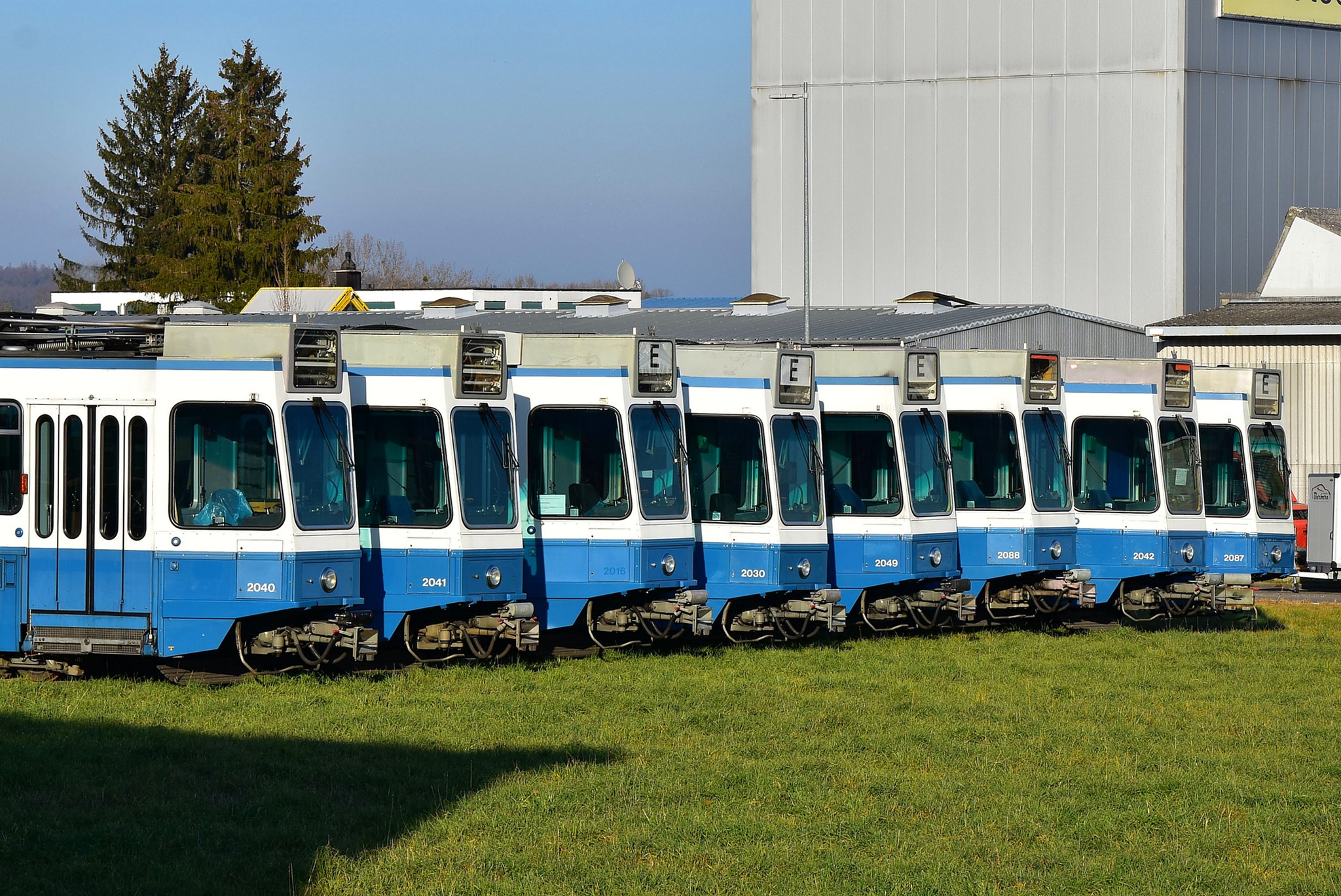

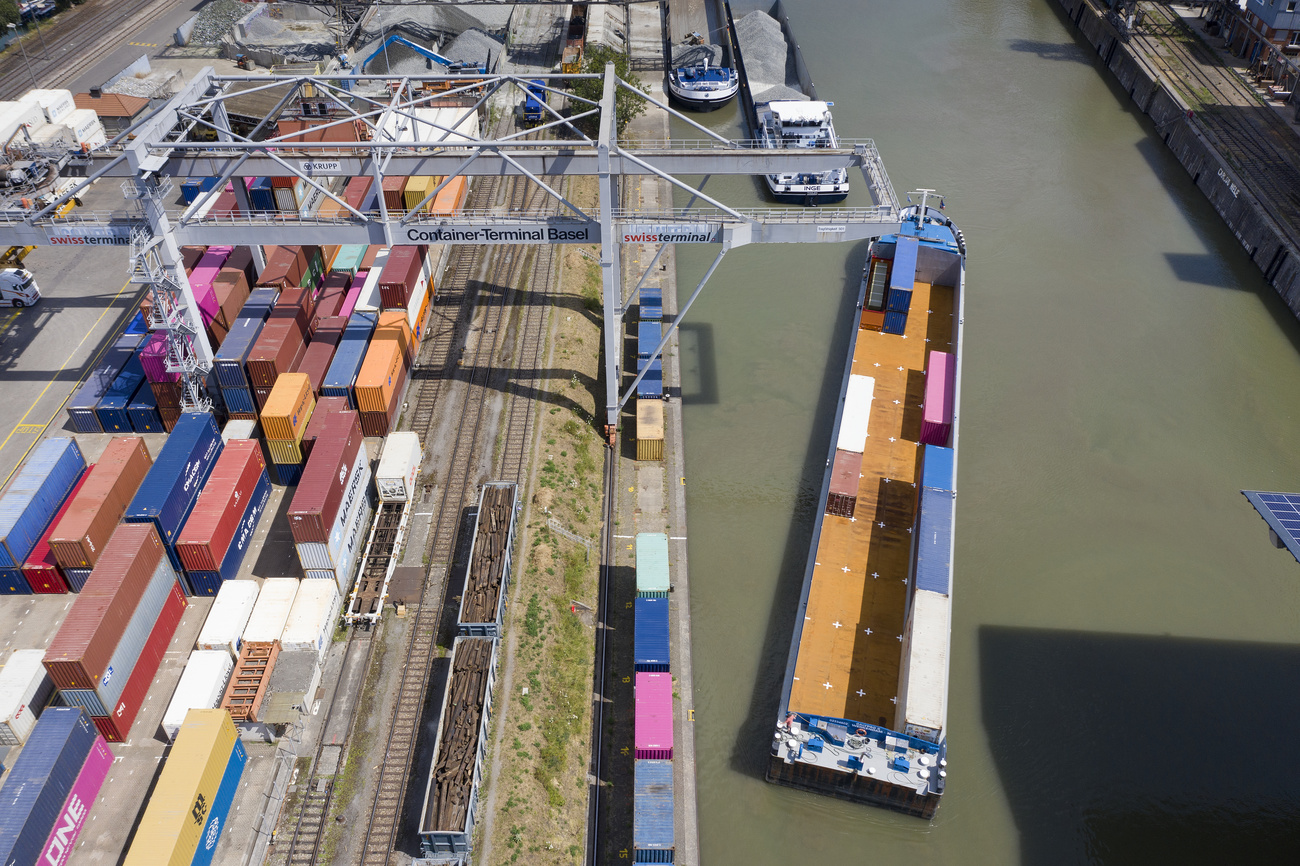
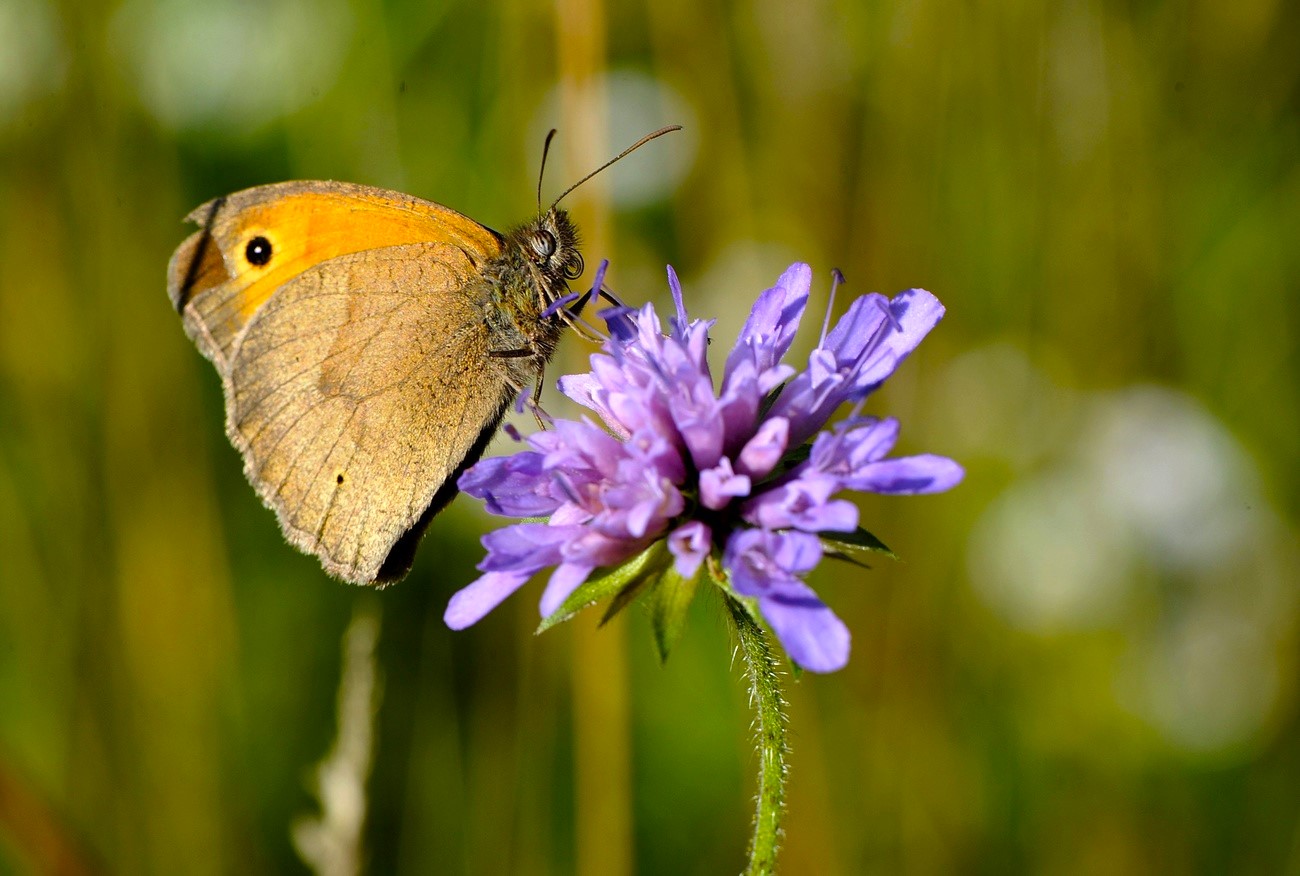
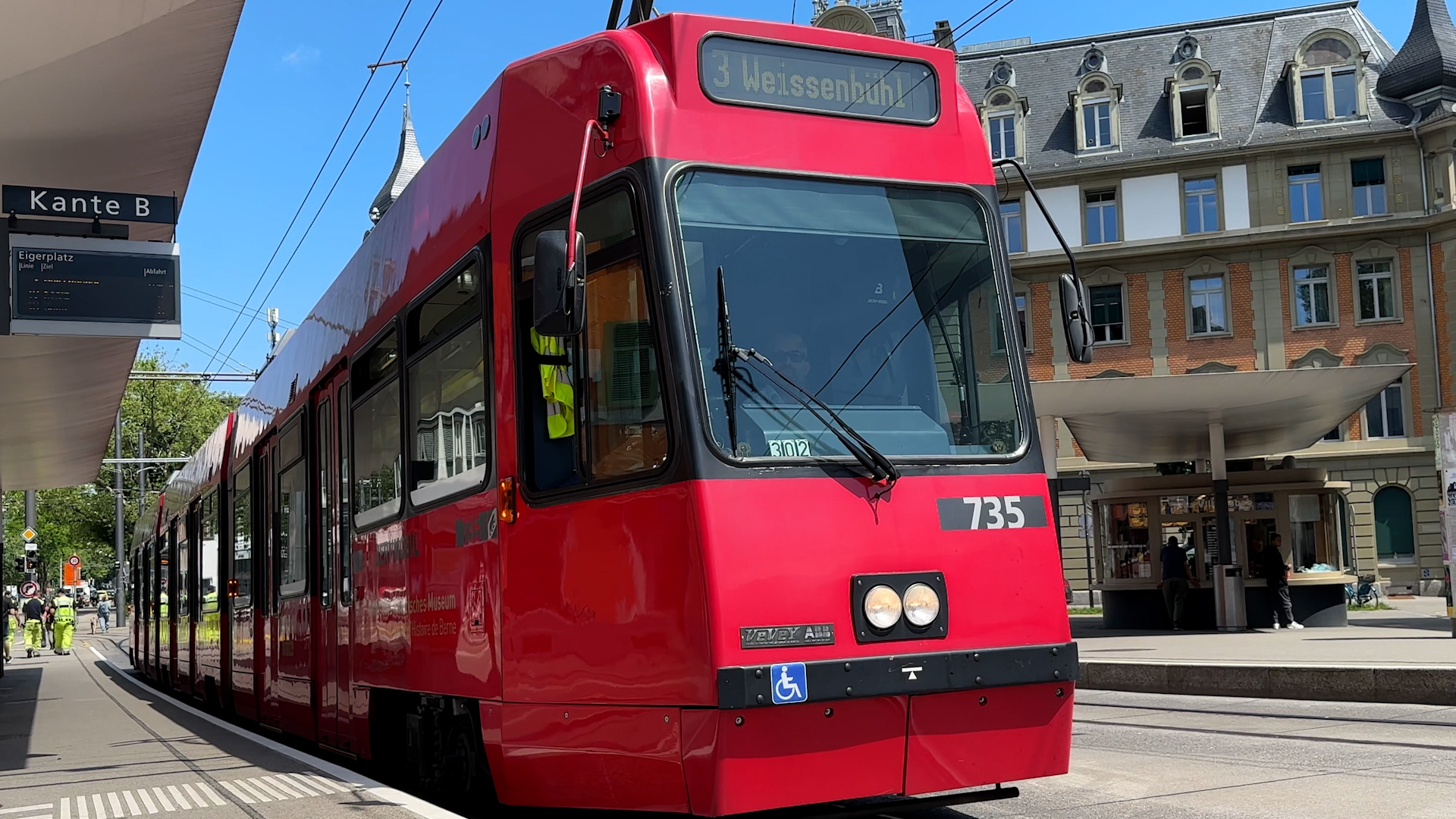



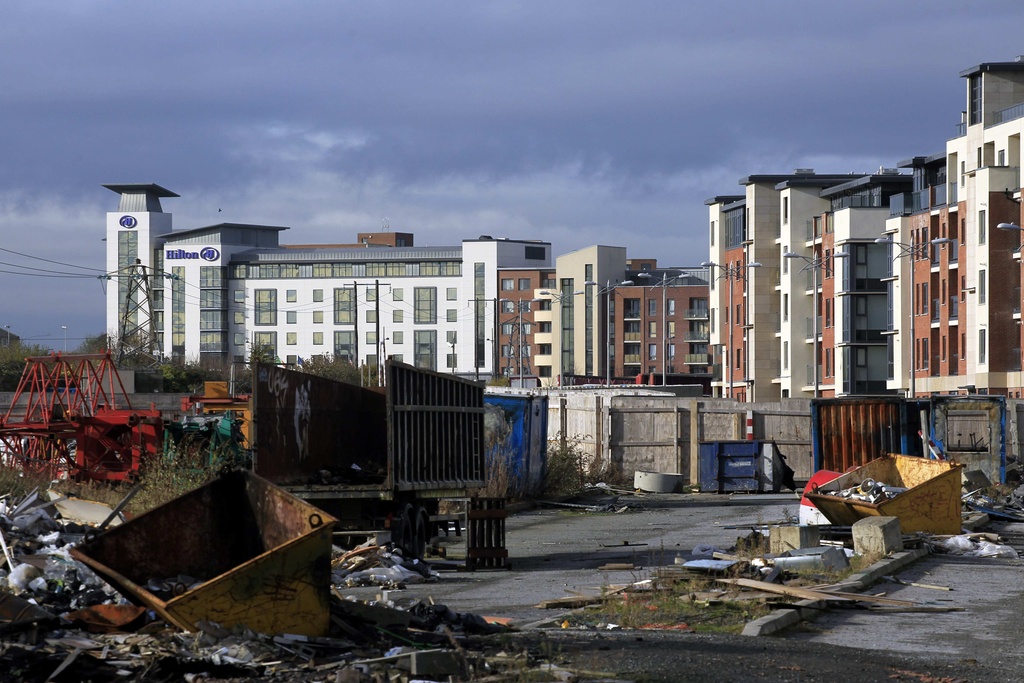

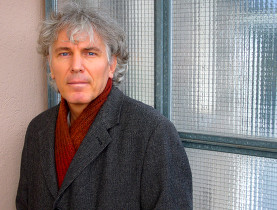
You can find an overview of ongoing debates with our journalists here . Please join us!
If you want to start a conversation about a topic raised in this article or want to report factual errors, email us at english@swissinfo.ch.